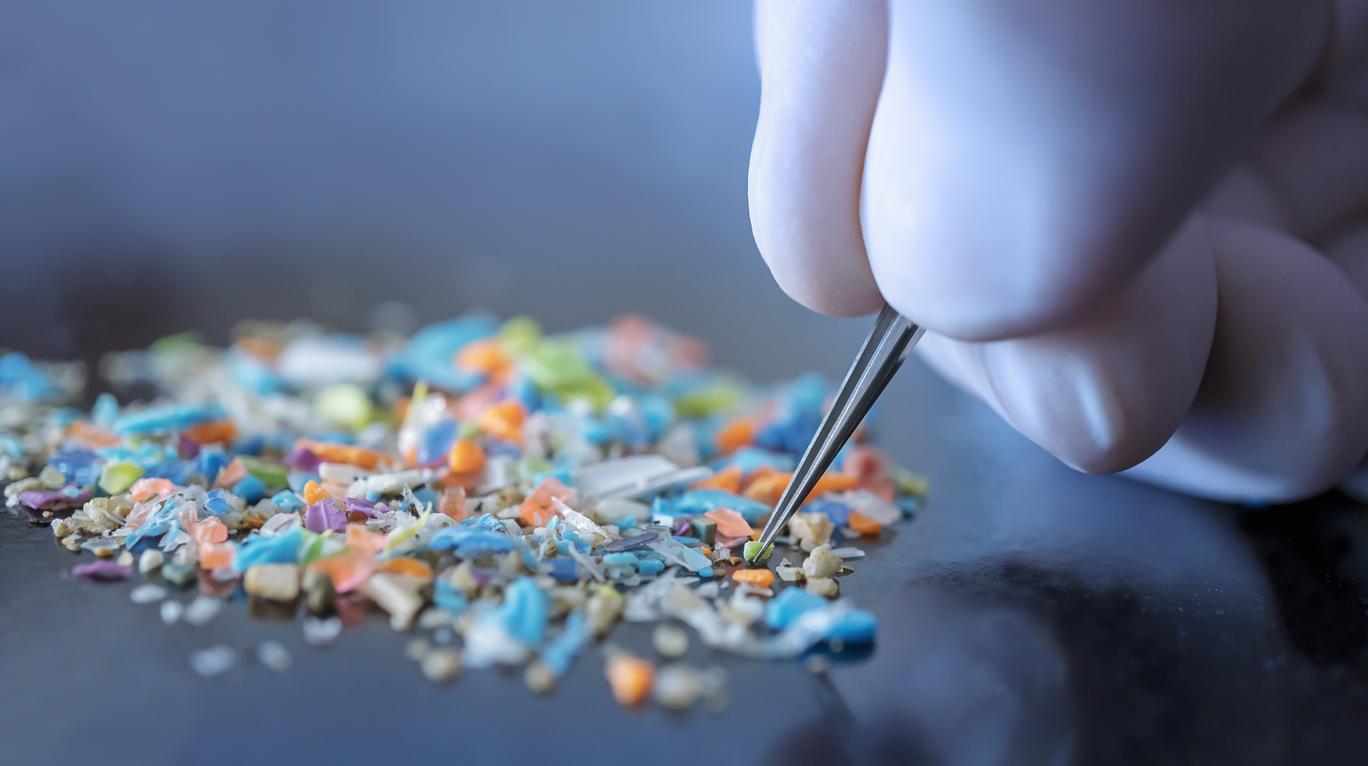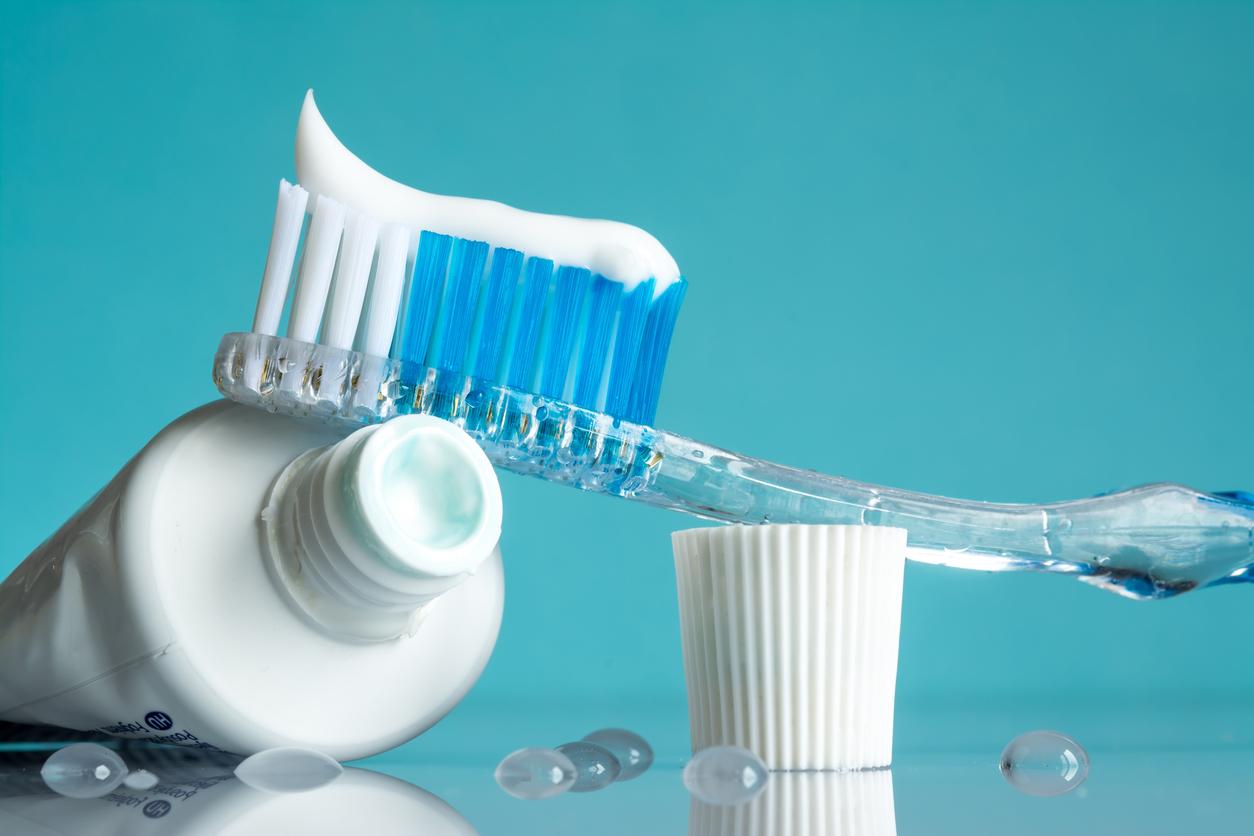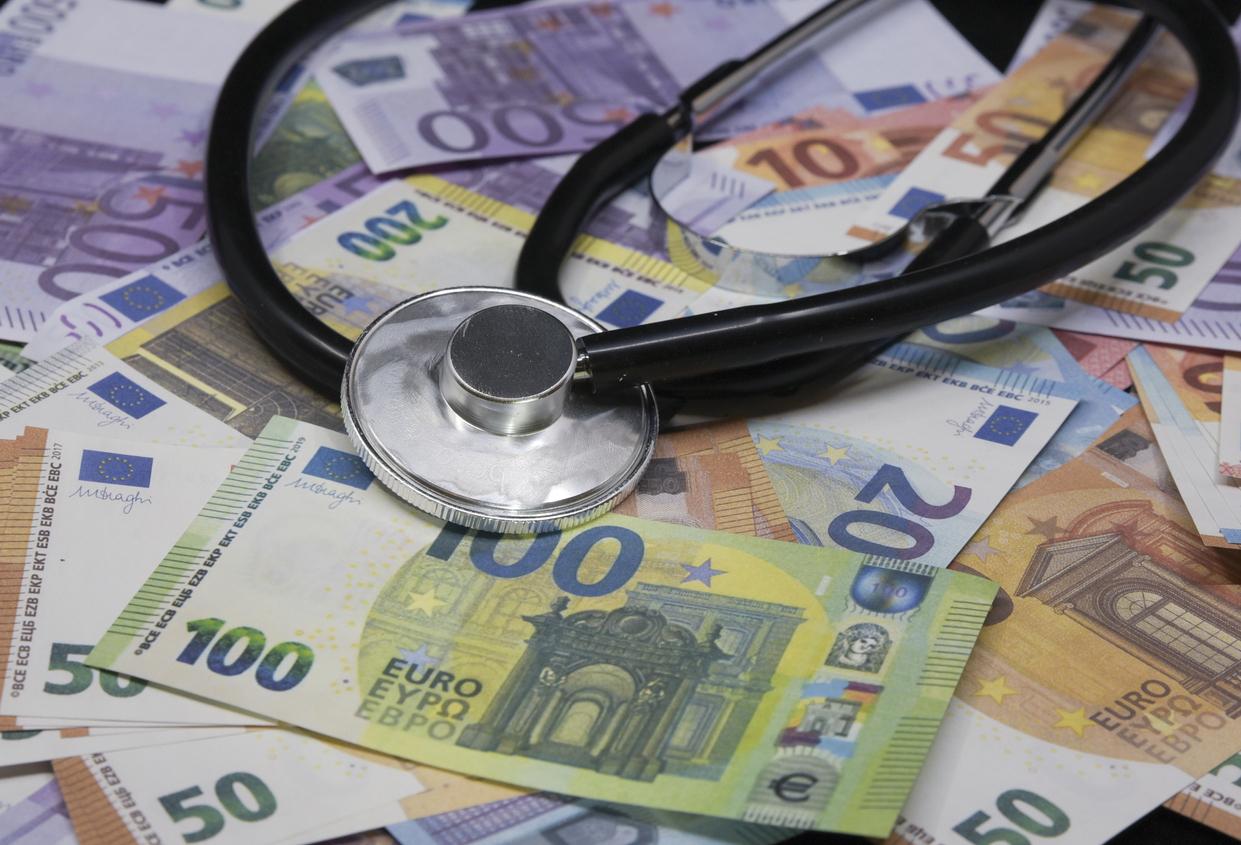1- The good results of French hospitals
According to data relating to nosocomial infections collected in 2009 from all health establishments in France, it seems that much progress has been made since the previous report. In fact, in 2009, 92% of establishments were in the best classes, in A or B, on the results of the ICALIN indicator, which relates to the means and actions to prevent nosocomial infections.
It should also be noted that the introduction of hydro-alcoholic products for hand hygiene has been improved in health establishments.
The Minister of Health, Xavier Bertrand, said he was satisfied with these results and announced that new indicators would be put in place, in particular concerning multi-resistant bacteria or invasive acts.
2- Feedback on the ranking of Express hospitals
The ranking of the safest health establishments carried out by the Express on December 1 ranked the Lariboisière hospital in first position and the Pierre-Bénite hospital (CH Lyon Sud) last. However, it should be taken with caution because all hospitals are not equal when it comes to the risks of nosocomial infections. “In this ranking of 71 CHR-CHUs, the Emile-Roux hospital in Limeil-Brévannes (Val-de-Marne) is in 2nd place behind Lariboisière (Paris 10th). It is therefore understood that the Emile Roux hospital is safer than others but this is simply explained by the fact that this hospital does not have a surgical department, which considerably reduces its risk of infection … compared to other hospitals “explains MD, neurology nurse in a Parisian public hospital.
If you would like more information on a particular establishment, you can freely access the results of the Ministry of Health’s survey on their website. Meeting on : www.icalin.sante.gouv.fr
3- Patients: 4 steps to avoid nosocomial infections
Because we can also act on our own level as a patient, here is a small summary of the essential actions that we can adopt to prevent and avoid a nosocomial infection (with the recommendations of the Ministry of Health and a nurse).
– It is imperative to wash your hands after going to the toilet, before meals or after blowing your nose.
– Before the procedure, take a meticulous shower with an antiseptic product (such as Betadine), also on the hair.
– Do not handle all the devices that pass under and over your skin yourself (such as catheters, probes, drains and redons, open wound dressings) and do not remove them yourself.
– Limit the visit of your friends. If possible, ask them to wash their hands to prevent them from bringing germs from the outside. Finally, refuse visits from sick friends (colds, respiratory infections or contagious illnesses).


















